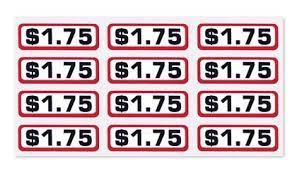 November 2022
November 2022
New buildings stand out for their finishing touches. Once walls are sealed, we forget about the piping, wiring, fire suppression systems and insulation that sits hidden behind them. Units get sold and resold over many years as families move in and out. Some units are periodically remodeled with little attention to what resides behind walls.
At some point, unmaintained hidden spaces degrade or malfunction. Failing to plan in advance for these unexpected and always poorly-timed situations is a mistake.
Condo boards tend to view financial planning for upcoming projects as prioritizing specific items that are in a reserve fund study and visible. This explains why so many reserve fund studies omit major ticket items that can deplete the bank balances of what owners perceive to be a financially sound condominium corporation.
Consider a building with a problem in their plumbing infrastructure. For years they continued to seal up identified pinhole leaks and repair resulting damage. Rather than considering a longer-term solution to eliminate leaks and more quickly identify those that occur, they continue to build their reserve fund balance while remaining blind to an obvious problem. Now something happens that requires full replacement of a deteriorating plumbing system. If pipe risers were not included in the corporation’s prior reserve fund studies, then poor financial planning becomes evident. Current options are now to implement a special assessment, secure financing, or a combination of the two. Complete replacement at $20 million or more is beyond their financial capabilities. The financial burden of this single project would be devastating to unit owners. It would negatively impact the resale value of the units at a time when many are forced to sell because they are unable to pay required fees and assessments.
A fourth option is inadvisable. The board could ignore the riser issue and hope for the best. This could cause the building structure to weaken as we saw in Florida when an entire building collapsed. Increasing damage and ongoing repair costs would create a worsening financial situation. Individual breaks in water lines would create more damage in units and common areas. At some point insurance becomes prohibitively expensive or unavailable. On the plus side, the current board will likely be out of office before many of these problems arise. A new board will be responsible for addressing larger problems that could and should have been avoided.
No crystal ball is available to foresee future damages. That is why reserve fund studies should be prepared by independent professionals. Condominium directors can facilitate by scrutinizing studies and inquiring about items that appear to be missing or misvalued. As buildings age, determine the accuracy of reserve fund studies by comparing actual costs with what appears in the study. Avoid manipulating reserve fund balances by modifying the implied rate of inflation, return on invested funds, estimated repair and replacement dates, or entirely removing items from a study to make it look good.
Adhering to an accurate reserve fund study is an essential part of good management.







